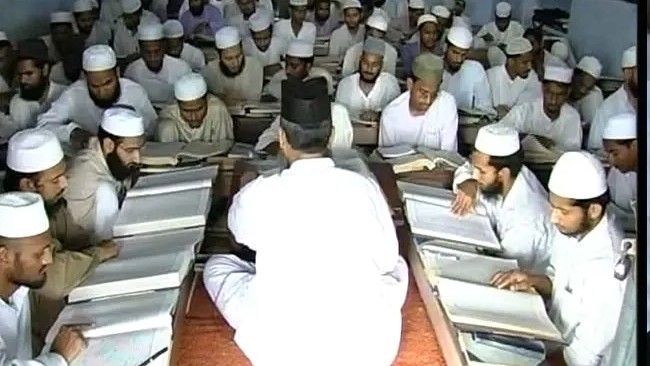
The Supreme Court, on Tuesday, upheld the constitutional validity of the Uttar Pradesh Board of Madrassa Education Law of 2004, overturning a verdict by the Allahabad High Court that had declared the law unconstitutional. The high court had argued that the law violated the principle of secularism, but the Supreme Court disagreed with this assessment.
SC bench on UP Madrassa Law
Chief Justice of India (CJI) D. Y. Chandrachud, while delivering the judgment, stated, "We have upheld the validity of the UP madrassa law and moreover, a statute can be struck down only if the State lacks the legislative competence."
The bench, which also included Justices J. B. Pardiwala and Manoj Misra, pointed out that the Allahabad High Court had erred in holding that the law violated the secularism principle. The Supreme Court clarified that the legislative intent behind the law was to standardise the level of education being provided in madrassas, ensuring uniformity and quality.
Allahabad High Court on Up Madrassa Law
Earlier, on March 22, the Allahabad High Court had ruled that the law was "unconstitutional" and violated the principle of secularism, and asked the state government to accommodate madrassa students in the formal schooling system.
The order came as a big relief to teachers and students of UP madrassas as the high court had ordered closure of the seminaries and relocation of students to other schools in the state.